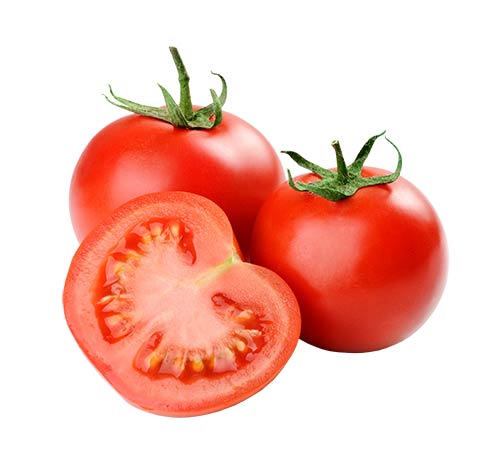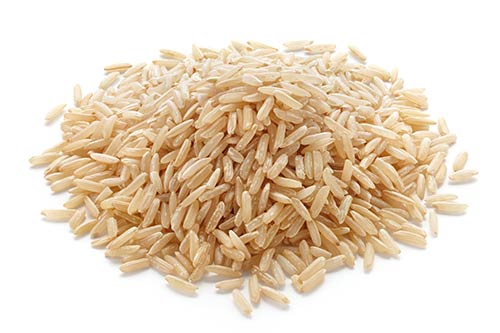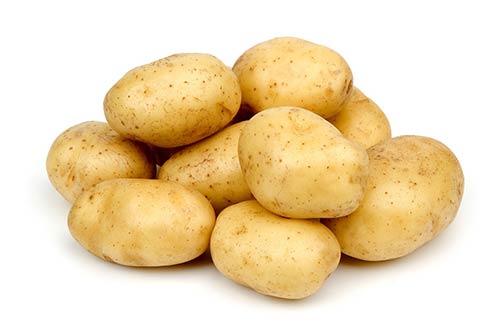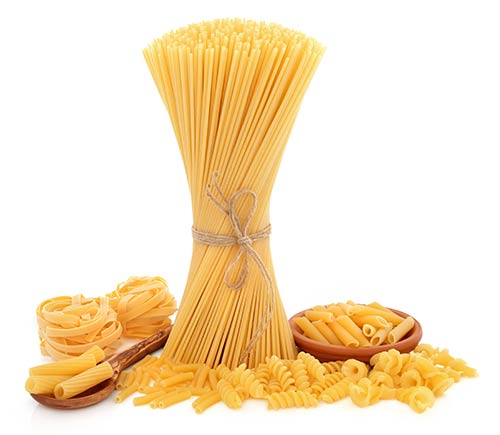loyalty
the quality of remaining faithful to your friends, principles, country etc
وفاداری
Can I count on your loyalty?
آیا می توانم روی وفاداری ات حساب باز کنم؟
Longman Dictionary of Contemporary English
loyalty
loy‧al‧ty /ˈlɔɪəlti/ BrE AmE noun (plural loyalties)
1. [uncountable] the quality of remaining faithful to your friends, principles, country etc
loyalty to/towards
Elizabeth understood her husband’s loyalty to his sister.
2. [countable usually plural] a feeling of support for someone or something
local/regional/tribal/family etc loyalty/loyalties
In the rural areas, family and tribal loyalties continue to be important.
the agony of divided loyalties (=loyalty to two different or opposing people) for the children in a divorce
• • •
COLLOCATIONS (for Meanings 1 & 2)
■ ADJECTIVES/NOUN + loyalty
▪ absolute/total/complete loyalty He knew that he had Boyle's complete loyalty.
▪ great/deep/strong loyalty She was admired for her deep loyalty to her colleagues.
▪ fierce/intense loyalty She was touched by her friend's fierce loyalty.
▪ unswerving loyalty (=loyalty that does not change) He was rewarded for his unswerving loyalty.
▪ blind/unthinking loyalty (=loyalty to a person or group without questioning whether they are right - used disapprovingly) Sarah was criticized for her blind loyalty to her husband.
▪ undivided loyalty (=loyalty that goes only to one person or group) He has the undivided loyalty of Manchester United fans.
▪ divided loyalties (=when you feel that you should be loyal to two people, groups etc) She felt divided loyalties, having friends on both sides of the dispute.
▪ customer/brand loyalty (=when someone shops in the same shops or buys the same goods regularly) The company's marketing department is trying to build customer loyalty.
▪ party/political loyalty Most of the people seem to vote according to party loyalty.
▪ personal loyalty (=loyalty to someone as a person, rather than to a company or organization) He inspired personal loyalty among his employees.
▪ family loyalty Family loyalty prevented her from telling what she knew.
▪ national loyalty National loyalties can be a cause of conflict between countries.
▪ tribal loyalty (=loyalty to your group, team etc, which is felt by a large number of people - often used disapprovingly) Football fans tend to have a strange kind of tribal loyalty.
▪ company loyalty As people change jobs more often, company loyalty is less common.
■ verbs
▪ feel loyalty towards somebody/something Marco felt an intense loyalty to his native country.
▪ inspire/command somebody's loyalty (=make someone feel loyal to you) He inspires extraordinary loyalty among his staff.
▪ show/prove your loyalty (=do something that shows you are loyal to someone) He showed great loyalty to his wife during her long illness.
▪ swear/pledge loyalty (=promise that you will be loyal) The president's assistants swore their loyalty to him.
■ phrases
▪ a sense of loyalty She had a strong sense of loyalty to her family.
▪ an oath of loyalty (=a promise to be loyal) They swore an oath of loyalty to their king.
▪ where your loyalties lie (=who or what you are going to be loyal to) Do your loyalties lie with your friends or your family?
■ loyalty + NOUN
▪ a loyalty scheme (=when a company or shop gives customers a reward for continuing to use them) The supermarket operates a loyalty scheme.
Oxford Advanced Learner's Dictionary
loyalty
loy·alty [loyalty loyalties] [ˈlɔɪəlti] [ˈlɔɪəlti] noun (pl. loy·alties)
1. uncountable ~ (to/towards sb/sth) the quality of being faithful in your support of sb/sth
• They swore their loyalty to the king.
• Can I count on your loyalty?
2. countable, usually plural a strong feeling that you want to be loyal to sb/sth
• a case of divided loyalties (= with strong feelings of support for two different causes, people, etc.)
Example Bank:
• Disagreements with one's in-laws often create divided loyalties.
• He inspires great loyalty from all his employees.
• He showed unswerving loyalty to his friends.
• His loyalties lay with people from the same background as himself.
• His primary loyalty was to his family.
• It was a blatant attempt to buy their loyalty.
• Mass advertising creates brand loyalty for a product.
• She owed no loyalty to him.
• She stayed on at the school out of loyalty to her students.
• Some party members found it hard to switch their loyalty to the new leader.
• The company expects loyalty from its employees.
• The company rewards customer loyalty by offering discounts.
• The team members felt tremendous loyalty towards one another.
• The town is the object of fierce loyalty among its inhabitants.
• They pledged their loyalty to the king.
• attempts to build customer loyalty
• men whose loyalty is to their political careers
• a case of divided loyalties
Cambridge Advanced Learner's Dictionary
Cambridge Advanced Learner's Dictionary - 4th Edition
loyalty / lɔɪ.əl.ti / / -t̬i / noun
B2 [ U ] the quality of being loyal:
His loyalty was never in question.
Her loyalty to the cause is impressive.
loyalties [ plural ]
your feelings of support or duty towards someone or something:
My loyalties to my family come before anything else.
divided loyalties (= feelings of support for two different and opposing people or things)
© Cambridge University Press 2013
Collins COBUILD Advanced Learner’s English Dictionary
loyalty
[lɔ͟ɪ͟əlti]
loyalties
1) N-UNCOUNT: oft N to n Loyalty is the quality of staying firm in your friendship or support for someone or something.
I have sworn an oath of loyalty to the monarchy...
This is seen as a reward for the army's loyalty during a barracks revolt earlier this month.
2) N-COUNT: usu pl, oft N to n Loyalties are feelings of friendship, support, or duty towards someone or something.
She had developed strong loyalties to the Manet family.
Merriam-Webster's Advanced Learner's Dictionary
loyalty
loy·al·ty /ˈlojəlti/ noun, pl -ties
1 [noncount] : the quality or state of being loyal
• the loyalty of the team's fans
- often + to
• No one questions his loyalty to the cause.
2 [count] : a loyal feeling : a feeling of strong support for someone or something - usually plural
• He was torn by conflicting/divided loyalties.
• They shouldn't allow their decision to be influenced by political loyalties.
brand loyalty












